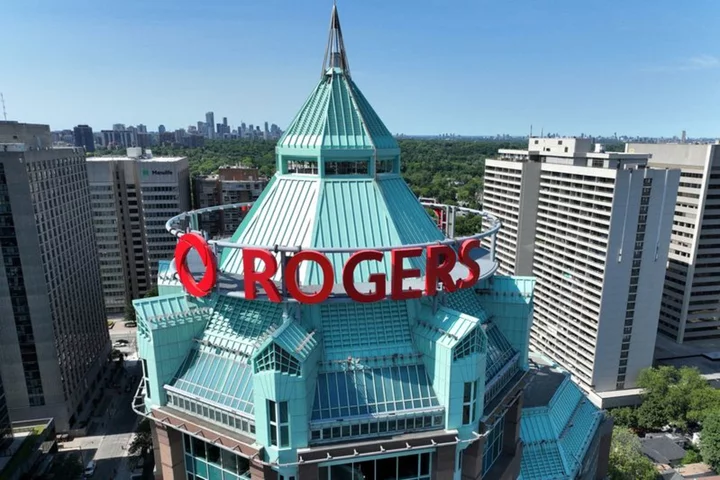By Rachna Uppal
DUBAI Economic growth in the Middle East and North Africa region is expected to accelerate in 2024 after a slowdown this year but structural challenges will weigh in the medium term, the International Monetary Fund said on Thursday.
Real GDP growth is projected to slow to 2% in 2023, from 5.6% last year on lower oil production among exporters and tighter policy conditions in the region's emerging market and middle income economies, according to the IMF's Regional Economic Outlook.
The forecasts were made before conflict broke out between Israel and Palestinian Islamist group Hamas on Oct. 7.
Growth is projected to recover to 3.4% in 2024.
"However, public sector debt remains elevated in several countries, and medium-term growth is forecast to remain subdued," the IMF said. "Although inflation is broadly easing, it remains elevated in some economies, with high food prices exacerbating food insecurity."
Jihad Azour, the IMF's director for Middle East and Central Asia, said 2023 was a year of transition, and a mixed one economically, for the region.
MENA inflation is projected to peak at 17.5% on average this year, easing to 15% in 2024, although the figure varies significantly across countries.
"The good news is inflation is getting under control, but it is peaking this year, and gradually will go down," Azour told Reuters, cautioning that global headwinds were still impacting the region "when it comes to financing conditions."
Economic growth in the Caucasus and Central Asia (CCA) is projected at 4.6% this year, down from 4.8% last year, moderating slightly to 4.2% in 2024, on gradual normalisation of migration, trade, and financial flows from Russia, the IMF said.
"Inflation is projected to ease only gradually in the region, also reflecting strong domestic demand and continued wage pressures in some countries," the Fund said.
(Reporting by Rachna Uppal; editing by John Stonestreet)









